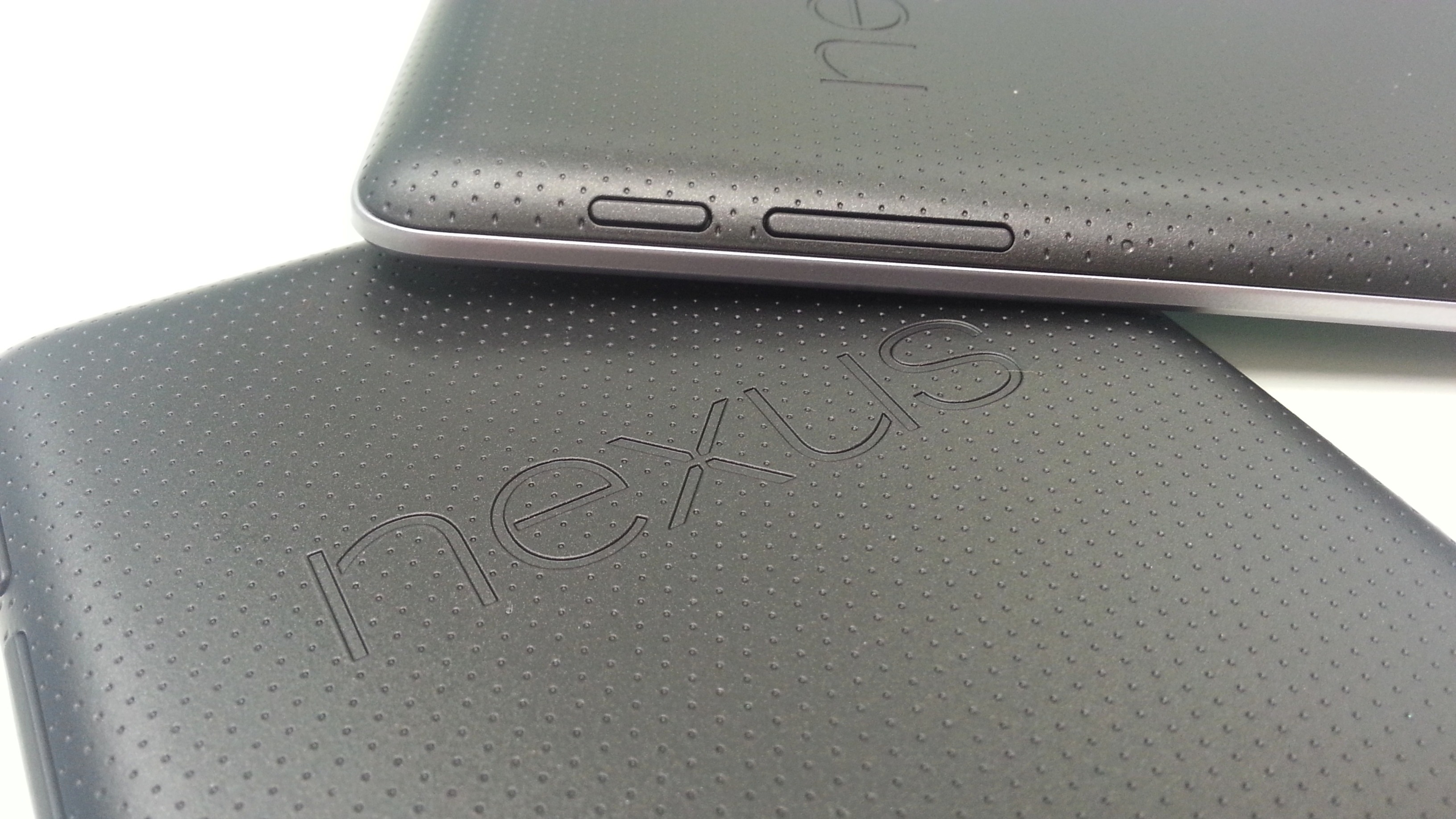Asus reportedly refutes claims of $99 Nexus 7
Flip flopping rumors

Those whose hopes were raised with the promise of a super-cheap Google Nexus 7 may want to come back down to Earth.
Digitimes reported Thursday that Asus and Google were working on a $99 (around UK£60, AU$95) 7-inch slate, plus a $199 (around UK£120, AU$191) model upgrade.
The site cited industry sources, however it looks like someone who may actually know a thing or two about Asus' product plans has debunked those rumors.
According to Digitimes, Asus has denied the tab-tastic plans for a dirt-cheap Nexus.
Still true, maybe?
The $99 version was said to be an "entry-level model" while the $199 iteration apparently would've been an ultra-thin upgrade to the current model.
Though it now sounds like neither of them are truly happening, TechRadar has reached out to Asus to get to the bottom of this 7-inch mystery.
Asus' North American division said this was the first they'd heard of "the issue."
Sign up for breaking news, reviews, opinion, top tech deals, and more.
If Asus is just playing coy and the devices do come - presumably in time for the holidays - then they'll give Amazon, Apple, and Barnes & Noble a run for the tablet money.
Amazon recently announced the Kindle Fire HD, which costs between $199 and $499 (UK£159 for the 7-inch model, AU$191 - AU$491) while Barnes & Noble's Nook HD 7-inch tab runs $199 - $229 (UK£159 - £189, AU$191 - AU$220).
There's clearly a space in the market for a cheap tablet from Asus and Google, so here's hoping they're at least inspired by these rumors to cook something up.
Via Digitimes

Michelle was previously a news editor at TechRadar, leading consumer tech news and reviews. Michelle is now a Content Strategist at Facebook. A versatile, highly effective content writer and skilled editor with a keen eye for detail, Michelle is a collaborative problem solver and covered everything from smartwatches and microprocessors to VR and self-driving cars.